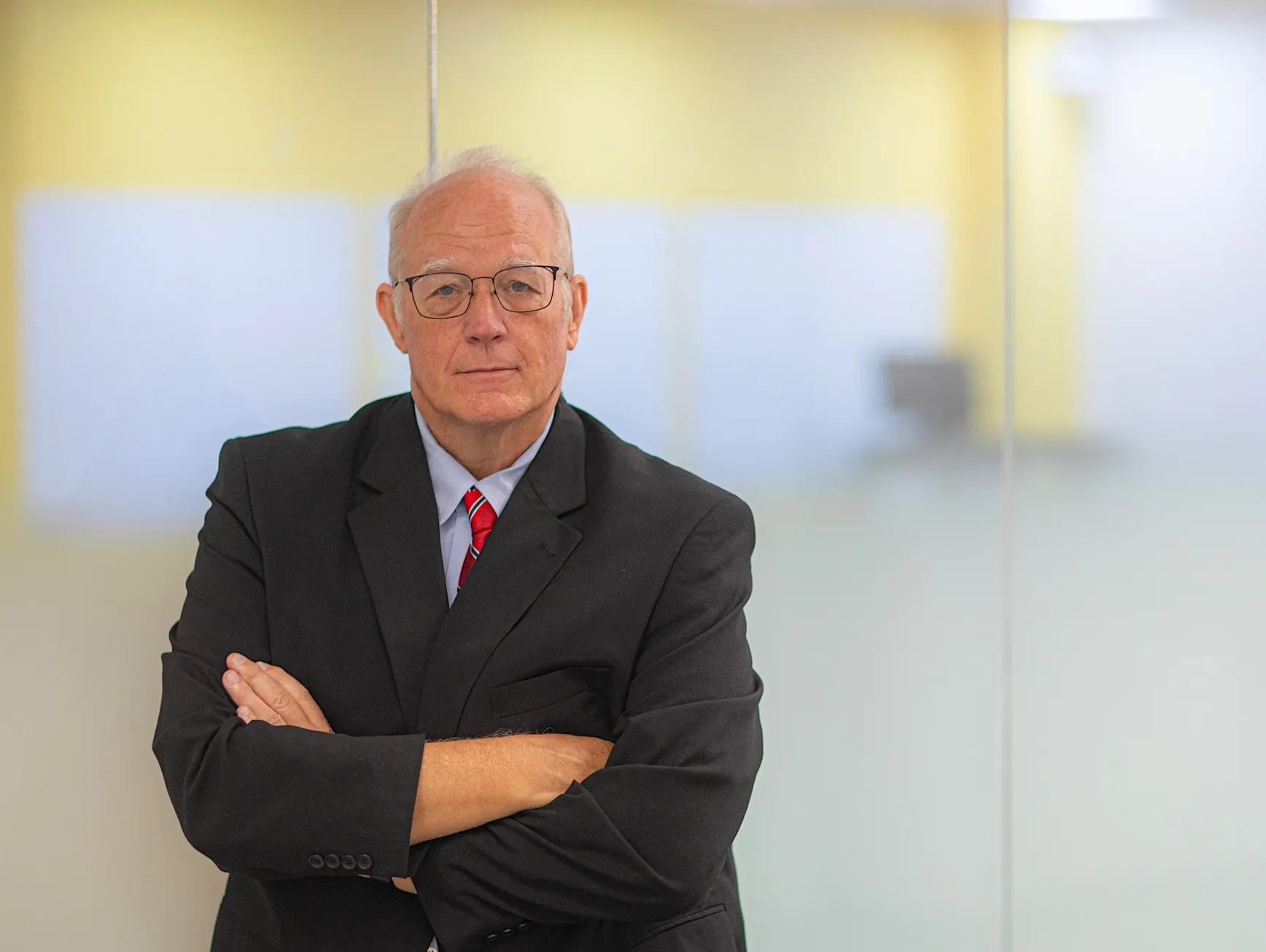
Douglas W. Oard, a professor in the College of Information (INFO), was recently named interim dean of the college. He’s been active in INFO since 1996, both as an educator and faculty researcher, focusing on numerous high-profile projects that are based on his expertise in information retrieval.
Since 1998, Oard has held a joint appointment in the University of Maryland Institute for Advanced Computer Studies (UMIACS), where he regularly collaborates with other faculty working on a range of societally important problems best solved by the use interdisciplinary teamwork coupled with a strong computational infrastructure.
Oard sees the strong relationship between INFO and UMIACS continuing to grow, based in part on what he identifies as the strengths of each unit. There are currently eight INFO faculty, including Oard, in the institute.
UMIACS joins faculty and students from six colleges and schools across the campus, with most of them heavily involved in computing, Oard says. Many INFO faculty are also active in computing—including cutting-edge work in artificial intelligence, language technology, human-computer interaction and data science—but can add to UMIACS’ research portfolio with their expertise in technology-adjacent areas like information ethics, information seeking behavior, information management, and more.
“Both INFO and UMIACS have interdisciplinary collaboration in their DNA, and one of my goals over the next year is to continue to build on this great collaboration,” Oard says.
As an example of positive outcomes from the two units collaborating, Oard points to the Institute for Trustworthy AI in Law & Society (TRAILS), a multi-intuitional effort led by the University of Maryland that is focused on developing, building and modeling accountable and participatory research that—over time—will increase trust in AI.
TRAILS is administered by UMIACS, with INFO professor Katie Shilton serving as a co-PI and other INFO faculty—Wei AI, Cody Buntain, Giovanni Luca Ciampaglia, Sheena Erete, Ge Gao, Naeemul Hassan, and Hernisa Kacorri—also involved.
One of the strongest connections between INFO and UMIACS has been the Computational Linguistics and Information Processing (CLIP) Laboratory, which is engaged in designing algorithms and methods that allow computers to effectively and efficiently perform human language-related tasks.
Six out of the fourteen current faculty members in CLIP are current or former INFO faculty, Oard says, with several new hires in computer science expected to join CLIP and apply for UMIACS membership this fall.
INFO and UMIACS also support another interdisciplinary group that has had great success, Oard says, noting that the Human-Computer Interaction Lab (HCIL) has a rich history of transforming the experience people have with new technologies.
Much of Oard’s own research benefits from his involvement in UMIACS. This includes a recent project aimed at improving access to the U.S. National Archives by developing machine learning and AI tools to predict the contents of undigitized archival boxes, helping scholars locate relevant documents more efficiently.
Oard also led UMD’s role in a $14.4 million multi-institutional project funded by the Intelligence Advanced Research Projects Activity to develop advanced multilingual language technologies.
Oard appreciates the role of UMIACS in INFO’s ascendance to a leader among information schools, renowned for its research and top-ranked academic programs.
“There is no great research without great research support, and UMIACS has long been the sine qua non[without which not] for outstanding research support on this campus,” Oard says. “When I was first appointed associate dean for research in INFO more than a decade ago, my strategy was simple: learn from UMIACS and emulate it. We were fortunate that the view in UMIACS was equally straightforward—share what we know, and we will all rise together.”
—Story by UMIACS communications group